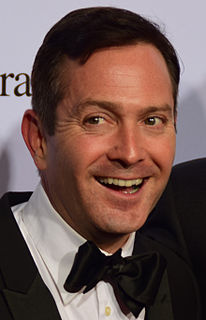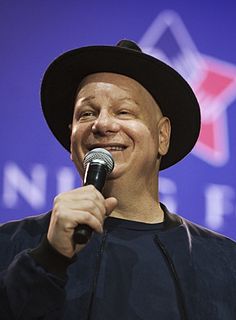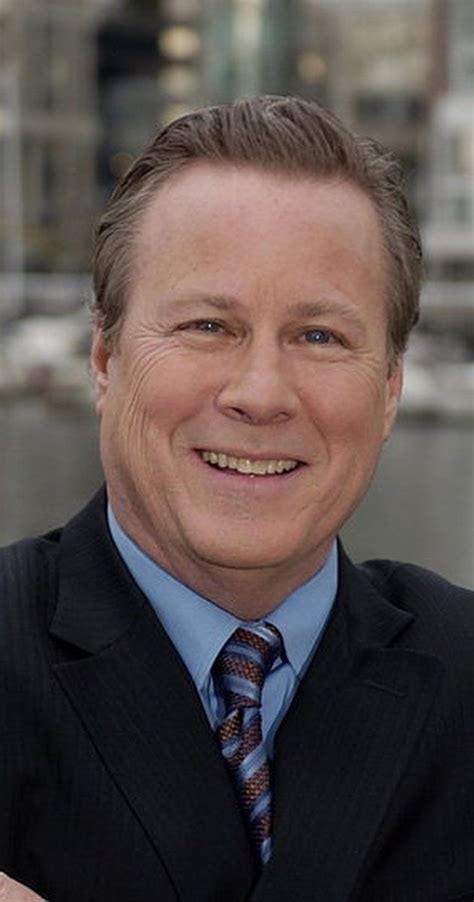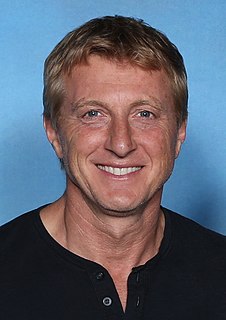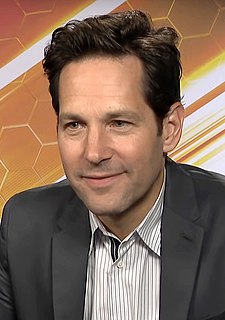A Quote by Thomas Lennon
I think people were not expecting us [with Robert Ben Garant] to, they were just like, "Well here come the writers," but we both were coming out of a sketch comedy background, so when we pitch a movie, we play every character in the film. You act it out, you perform it - you do a 10-minute performance of the movie.
Related Quotes
I don't think it's unfair to have writers. I think if you're going to do a roast on television, as if you were doing a play or you were reading a script of a movie, you would have the best possible material. And those are the people who score, the people who are willing to listen to the roasting experts and then come out there and own that material.
I don't know if any of you feel this way, but it's like eventually, you see a woman come on screen and you go, "Oh, thank God!" You just sort of need a break from all this testosterone, which happened, I think, in one of my films, The Hurt Locker. I was in it for like five minutes, and people were like, "You were in that movie!" And I was like, "Well, kind of." And they were like, "No, you were!" 'Cause they needed a woman!
There were a lot of things in it that were important at the time to me. Cutter's Way movie was very relevant. And I wanted Cutter to succeed as a vet, as a guy coming back from 'Nam, because there were so many guys like that. And there were so many other movies at the time, like Apocalypse Now, Coming Home, and The Deer Hunter, that it was really important that the movie be believable, that I come across a pissed-off vet who'd been there and comes home angry.
There's a difference in our ages [with Leonardo DiCaprio], but we were both in the same sort of position [on The Quick and the Death movie].Everyone below us in a casting position were all these really famous character actors like Keith David. And they were looking at the two of us going, 'Who are these guys?' So that naturally kind of put us together in a way where we'd just hang out together because we didn't care about status. We just wanted to enjoy the experience. The two things that have changed about Leo [ DiCaprio] since that time: he can drink legally and he's no longer a virgin.
Alec Guinness classed up that movie [Star Wars]. Nobody else in that movie knew how to act. Nobody else had a clue of what they were doing. The young guy was a complete loss, absolutely couldn't act his way out of a bag, but Alec Guinness carried that movie. He was such a class act that it elevated the film to be a joy to watch.
When we wrapped Resident Evil, we were a 3D movie, but it was no big deal. And then, Avatar came out and the whole of Hollywood was like, "Look at these grosses! 3D is huge. Let's all be 3D!" We just got on with doing what we were doing, which was making what we think is a really quality, kick-ass 3D movie, and we'll really be the first live-action 3D movie of the year.
The whole first movie [Twilight] was pretty fun. I had never really done a movie like it, when there's such a big cast of people that are around about the same age. Everyone didn't really know what was going to happen with the movie, but there was a good energy. There was something which people were fighting for in a way. They wanted it to be something special. Also, none of us were really known then as well.
The whole first movie [Twilight] was pretty fun. I had never really done a movie like it, when there's such a big cast of people that are around about the same age. Everyone didn't really know what was going to happen with the movie, but there was a good energy. There was something which people were fighting for, in a way. They wanted it to be something special. None of us were really known then, as well. It felt like a big deal, at the time.
I was living in a terrible time when people were being accused of being communists, and they attacked the movie industry, especially the writers. People couldn't work if they were on the blacklist. The studios banned them. It was the most onerous period in movie history. I don't think we have ever had a period so dark as that.
My whole theory about why I couldn’t find any creators who realized they were leaving out female characters is because they were raised on the same ratio. I just heard someone the other day call it either ‘smurfing’ a movie, which is when there’s one female character, or ‘minioning’ a movie, which is when there’s no female characters.
